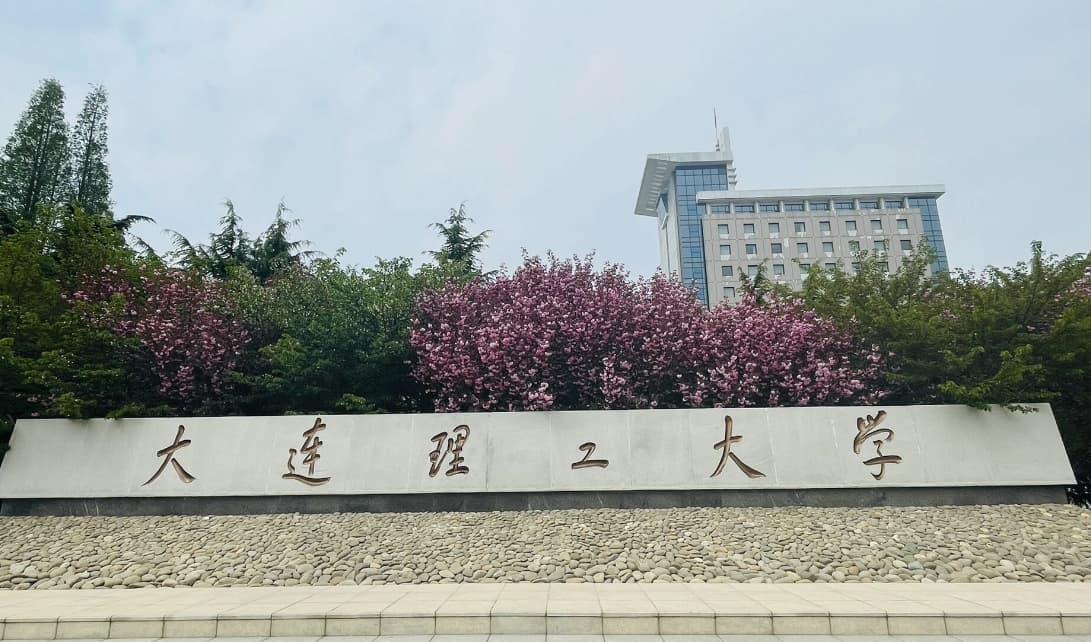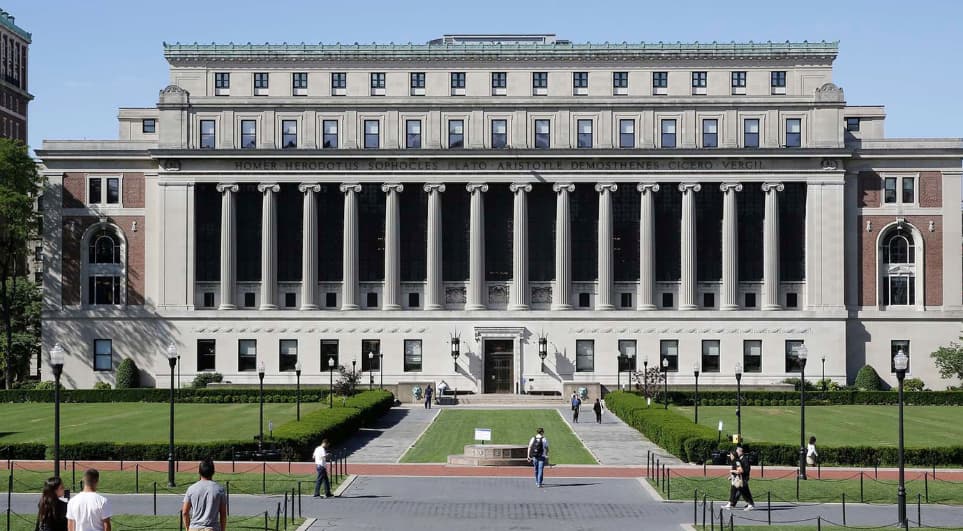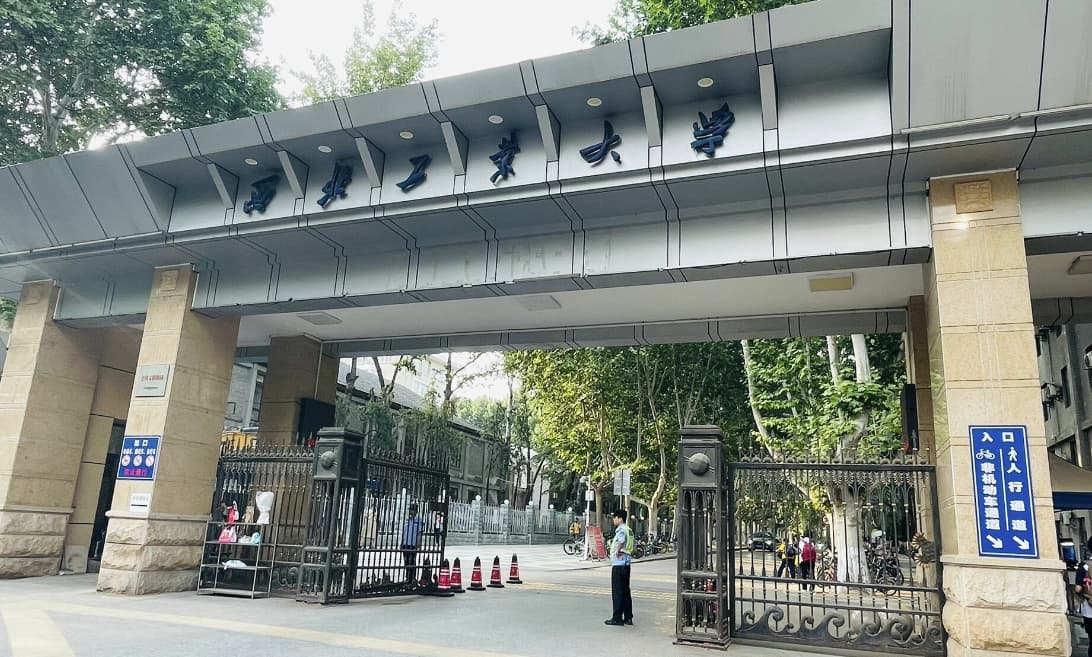Mastering Your Academic Journey: A Comprehensive Guide to Graduate School Success
Embarking on the journey toward graduate studies is both exciting and challenging. This guide aims to provide a roadmap for prospective students, offering insights into common questions and answers that can help navigate the complexities of the application and admission process. Whether you're preparing for an interview, writing a statement of purpose, or simply seeking to understand the expectations of graduate school, this resource will equip you with the knowledge and confidence to succeed.
Understanding the Application Process
Applying to graduate school requires careful planning and attention to detail. Below are some key considerations to keep in mind:
- Research programs thoroughly to ensure they align with your academic and career goals.
- Prepare strong letters of recommendation that highlight your strengths and achievements.
- Write a compelling personal statement that articulates your passion for your field of study.
Q1: How can I effectively prepare for my graduate school interview?
Preparing for a graduate school interview involves a combination of research, practice, and reflection. Start by familiarizing yourself with the program's curriculum, faculty, and recent achievements. This will allow you to ask informed questions and demonstrate your genuine interest. Next, practice answering common interview questions, such as "Why do you want to pursue this degree?" and "What are your short-term and long-term career goals?" It's also beneficial to prepare examples from your academic and professional experiences that showcase your skills and achievements. During the interview, maintain a confident and respectful demeanor, and be sure to listen actively to the interviewer's responses. Following the interview, send a thank-you note to express your appreciation for the opportunity and reiterate your interest in the program.
Q2: What should I include in my personal statement?
Your personal statement is a critical component of your application, providing a platform to showcase your unique background, experiences, and aspirations. Begin by introducing yourself and explaining why you are interested in the specific program. Highlight relevant academic achievements, research experiences, and extracurricular activities that demonstrate your suitability for the program. Be sure to connect these experiences to your career goals and explain how the program will help you achieve them. Additionally, address any weaknesses or gaps in your academic record and provide context for how you have grown from these experiences. Finally, conclude your statement by reiterating your enthusiasm for the program and your commitment to contributing to the academic community.
Q3: How important are letters of recommendation in the application process?
Letters of recommendation play a significant role in the graduate school application process, as they provide an external perspective on your abilities, character, and potential for success. To secure strong letters, choose recommenders who know you well and can speak to your academic and professional capabilities. Ideally, these should be professors who have taught you in advanced courses or employers who have supervised you in a meaningful capacity. Provide your recommenders with ample time to write the letters and offer any necessary documentation, such as your resume, personal statement, and a list of programs you are applying to. It's also a good idea to follow up with your recommenders to ensure they submit their letters on time. Remember, the quality of the letters can significantly enhance your application, so it's worth the effort to make a positive impression on your recommenders.


.jpg)
.jpg)
.jpg)


.jpg)
.jpg)

